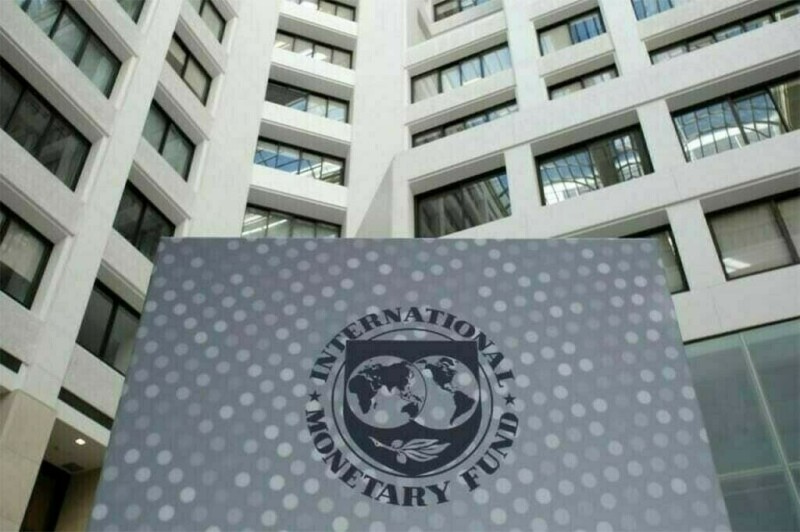WASHINGTON: Rising trade tensions and sweeping shifts in the global trading system will trigger downward revisions of the IMF’s economic forecasts but no global recession is expected, IMF Managing Director Kristalina Georgieva said on Thursday.
Georgieva said countries’ economies were being tested by a reboot of the global trading system – sparked in recent months by US tariffs and retaliation by China and the European Union – that had unleashed “off the charts” uncertainty in trade policy and extreme volatility in financial markets.
“Disruptions entail costs … our new growth projections will include notable markdowns but not recession,” she said in prepared remarks, adding the outlook would also include higher inflation forecasts for some countries.
“To quote from the ‘Wizard of Oz’, we’re not in Kansas anymore,” Georgieva told IMF staff and reporters at the IMF headquarters in Washington ahead of the spring meetings of the IMF and World Bank next week.
Elevated uncertainty also raised the risk of financial market stress, Georgieva said, noting that recent movements in US Treasury yield curves should be taken as a warning. “Everyone suffers if financial conditions worsen,” she said.
US President Donald Trump has upended the global trading system with a tsunami of new tariffs, including a 10% US duty on goods from all countries and higher rates for some, although those have been paused for 90 days to allow negotiations. China, the EU and other countries have announced retaliatory measures.
The International Monetary Fund in January forecast global growth of 3.3% in 2025 and 3.3% in 2026. It will release an updated World Economic Outlook on Tuesday.
Georgieva, speaking at IMF headquarters in Washington ahead of the spring meetings of the IMF and World Bank next week, gave no details about the expected revisions, but warned that prolonged uncertainty would be costly and said the consequences of the trade reboot would be “significant.”
Economists polled by Reuters expect the aggressive US tariff policy to trigger a significant slowdown in the US economy this year and next, with probability of a US recession over the coming year surging to 45%, the highest since December 2023, from 25% last month.
Georgieva said trade tensions had been bubbling for some time, but were now boiling over, and urged countries to respond wisely to the “sudden and sweeping shifts” seen in tariffs, driving the US effective tariff rate to levels last seen several lifetimes ago and resulting in response by other countries.


